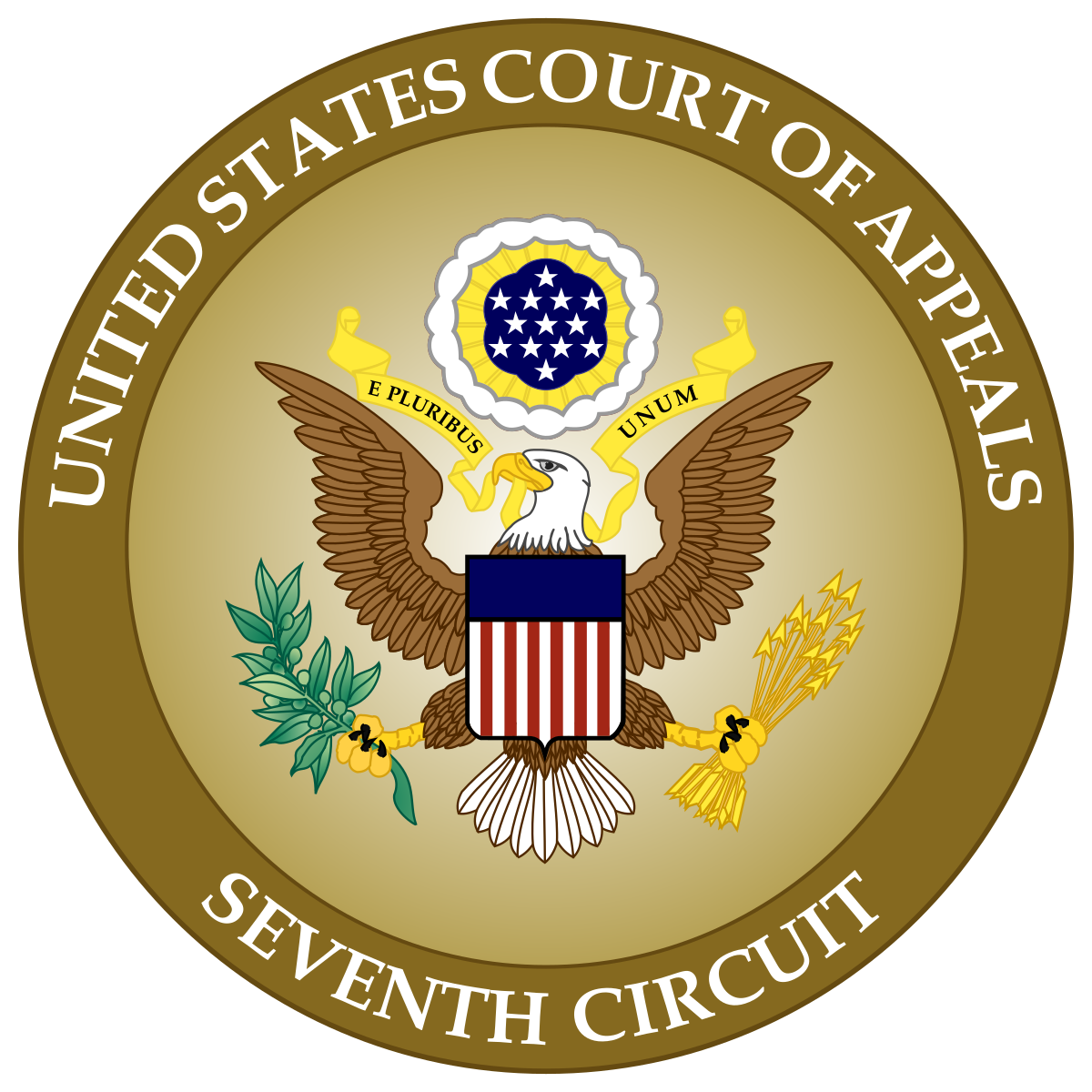Originally published on Forbes.com Nov 13th, 2014
The Seventh Circuit has ruled against the Freedom From Religion Foundation’s in its challenge to the parsonage exclusion (Code Section 107(2)) and the prediction prize goes not to one of the erudite lawyers who have opined on the case, but rather my blogging buddy and go-to-guy on all matters evangelical, Reverend William Thornton – the SBC Plodder. SBC stands for Southern Baptist Convention, which had more skin in this game than any other denomination both in terms of mega-pastors who can exclude hundreds of thousands of dollars in tax free cash housing allowances from their income and countless “plodders” like Reverend Thornton, many of whom would probably just as soon have a FICA match and a simpler return. On September 10, 2014 Reverend Thornton wrote:
There’s no telling where this will go, how long or how far, but Plodder will predict that the decision will be overturned, probably because of some legal arcana about standing.
And the Seventh Circuit today ruled:
We conclude that the plaintiffs lack standing to challenge 107(2). We therefore do not reach the issue of the constitutionality of the parsonage exemption. The judgement of the district courts is vacated and the case remanded with instructions to dismiss the complaint for want of jurisdiction.
For my readers who have not been following this drama I should explain, that the Internal Revenue Code provides that cash housing allowances paid to “ministers of the gospel”, that are spent on housing, are excluded from taxable income. Unlike, arguably similar exclusions for the military and people working abroad. there are no dollar limits on “parsonage” allowances. Housing allowances for pastors of mega churches can run into the hundreds of thousands dollars. Reverend Frank Jones, author of Stop The Prosperity Preachers, argues that the unlimited housing allowances and lack of transparency draws the wrong type of people into ministry. Of course, it is more groups like FFRF that are concerned with separation of church and state, that are incensed by this tax break for ministers.
The legal problem with challenging the exclusion has always been standing.It is hard to argue in court against a tax break that somebody else is getting. The judges tell you that it is no skin off your nose and that you should write your Congressman. Of course, the judges put it much more eloquently, but that’s the gist of it.
In order to obtain standing Freedom From Religion Foundation started paying a couple of its officers a housing allowance. Since they would rather have you call them late for breakfast than “minister of the gospel”, they did not exclude the allowance from their income when they filed their returns. Judge Barbara Crabb thought it would be silly to require the FFRF officers to file refund claims that they IRS would deny in order to have standing to sue. The Seventh Circuit did not agree:
The plaintiffs here argue that they have standing because they were denied a benefit (a tax exemption for their employer-provided housing allowance) that is conditioned on religious affiliation. This argument fails, however, for a simple reason: the plaintiffs were never denied the parsonage exemption because they never asked for it. Without a request, there can be no denial. And absent any personal denial of a benefit, the plaintiffs’ claim amounts to nothing more than a generalized grievance about 107(2)’s unconstitutionality, which does not support standing.
So what happens next?
The FFRF officers can apply for refunds and go back to Judge Crabb, if the IRS turns them down. There is a little bit of a practical problem there. The most likely thing that you will receive if you send a preposterous refund claim to the IRS is a check. So there might be a new loophole being created here. The FFRF officers can put copies of their checks on their website and lots of organizations can start paying the help with tax free housing allowances.
Congressman Bill Cassidy, who is now in a hotly contested runoff for a Senate seat for Louisiana, has introduced legislation to extend “minister of the gospel” status to duly recognized official of religious, spiritual, moral or ethical organizations to protect the dubious constitutionality of the parsonage exclusion.
It is worth noting here that this decision does not make the constitutionality of 107(2) any less dubious. The Seventh Circuit did not get to that, effectively kicking the can down the road.
































































































Trackbacks/Pingbacks